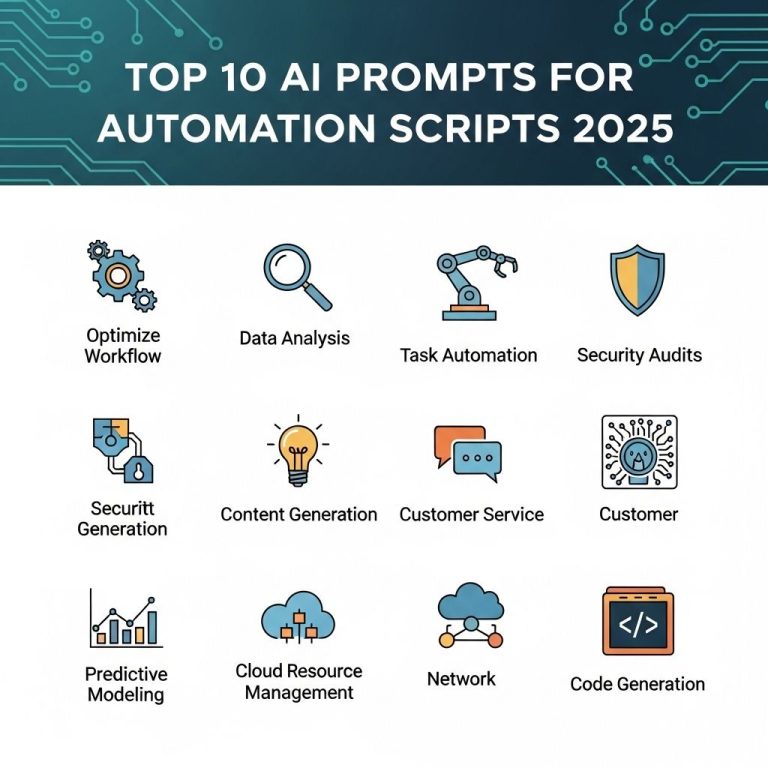The world of streaming has evolved dramatically over the past decade, shifting from traditional cable television to online platforms offering an almost infinite variety of content. As we look to the future, particularly into 2025, one of the most exciting advancements within this realm is the integration of artificial intelligence (AI) in enhancing user experiences, particularly through recommendation systems. This article delves into how AI-driven recommendations are revolutionizing streaming services, providing users with personalized content while optimizing the consumption patterns and operational efficiencies of these platforms.
Understanding AI-Based Recommendations
At its core, an AI-based recommendation system analyzes user behaviors, preferences, and interactions to suggest content that aligns with individual tastes. These systems utilize complex algorithms and machine learning techniques to process vast amounts of data, enabling them to gain insights that can transform user engagement and satisfaction levels.
How AI Algorithms Work
AI algorithms operate through various methodologies, including:
- Collaborative Filtering: This technique identifies patterns in user preferences by analyzing similar user behaviors. For instance, if User A and User B enjoy similar shows, the algorithm can recommend content that User B has watched to User A.
- Content-Based Filtering: This approach involves analyzing the content characteristics (genres, actors, directors, etc.) that a user has previously watched, then suggesting similar shows or movies.
- Hybrid Methods: Combining both collaborative and content-based filtering provides a more comprehensive recommendation strategy, minimizing the limitations inherent in each method when used separately.
The Impact of AI Recommendations on Streaming Platforms
The integration of AI into streaming services has profound implications for both users and providers.
Enhancing User Experience
AI-driven systems enable platforms to deliver a curated viewing experience that significantly enhances user satisfaction. Key benefits include:
- Personalization: Users receive tailored recommendations based on their viewing history, which can lead to discovering new genres, shows, or movies that they might not have encountered otherwise.
- Time Efficiency: With a plethora of content available, users often spend excessive time browsing. AI recommendations streamline this process, allowing users to find relevant content quickly.
- Increased Engagement: Personalized suggestions foster higher viewer engagement, as users are more likely to watch content that resonates with their tastes.
Operational Benefits for Streaming Services
AI recommendations also confer significant operational advantages for streaming platforms:
| Benefit | Description |
|---|---|
| Improved Content Discovery | By promoting lesser-known titles alongside popular ones, platforms can ensure a diverse content library is utilized effectively, increasing overall viewership. |
| User Retention | Engaging users with relevant content can lead to increased subscription renewals and reduced churn rates. |
| Data-Driven Insights | Analyzing user data allows platforms to make informed decisions regarding content acquisition, production investments, and marketing strategies. |
Challenges and Ethical Considerations
Despite the benefits of AI-based recommendations, several challenges and ethical concerns need addressing:
Data Privacy
The collection of user data for AI algorithms raises significant privacy issues. Streaming platforms must balance personalized experiences with user privacy rights, ensuring that data collection practices are transparent and secure.
Algorithm Bias
AI systems may inadvertently perpetuate biases present in the data they are trained on, leading to skewed recommendations. Continuous monitoring and updating of algorithms are essential to mitigate this risk.
The Future of Streaming Recommendations
Looking ahead to 2025, the role of AI in streaming recommendations is expected to further evolve, driven by advancements in technology and user expectations.
Enhanced AI Capabilities
As AI technology progresses, we can anticipate:
- Natural Language Processing (NLP): Improved NLP will allow AI systems to better understand user queries and preferences through conversational interfaces.
- Emotion Recognition: Future systems may be able to gauge a user’s emotional state, using this insight to provide even more attuned content suggestions.
- Cross-Platform Recommendations: AI could facilitate seamless content recommendations across multiple devices, creating a unified user experience.
Broader Content Accessibility
AI technology is poised to democratize access to a variety of content by:
- Language Translation: Real-time translation and subtitle generation will allow non-native speakers to enjoy content in their preferred language.
- Adaptive Interfaces: AI-driven interfaces can adjust to accommodate users with disabilities, ensuring inclusive access to all types of content.
Conclusion
The integration of AI-based recommendations is set to redefine the streaming landscape by 2025, creating more personalized, engaging, and efficient user experiences while providing significant operational benefits for platforms. As the industry continues to evolve, striking a balance between enhancing user experience and addressing ethical considerations will be crucial in harnessing the full potential of AI in streaming. The future promises a more interconnected, accessible, and dynamic way for audiences to consume content, driven by the power of artificial intelligence.
FAQ
What are AI-based recommendations in streaming services?
AI-based recommendations use algorithms and machine learning to analyze user behavior and preferences, providing personalized content suggestions in streaming services.
How will AI impact the future of streaming in 2025?
By 2025, AI is expected to enhance content discovery, improve user engagement, and create more tailored viewing experiences, ultimately revolutionizing how audiences consume media.
What technologies drive AI recommendations in streaming?
AI recommendations in streaming are primarily driven by technologies such as machine learning, natural language processing, and data analytics, which analyze vast amounts of user data.
Can AI recommendations improve user satisfaction in streaming?
Yes, AI recommendations can significantly improve user satisfaction by suggesting relevant content that aligns with individual preferences, reducing the time spent searching for shows or movies.
Are there privacy concerns with AI-based recommendations?
Yes, there are privacy concerns as AI-based recommendations require collecting and analyzing user data. Streaming services must ensure they comply with data protection regulations and prioritize user privacy.
What are the benefits of AI-driven content curation for streaming platforms?
AI-driven content curation offers benefits such as increased viewer retention, higher engagement rates, and the ability to predict trends, allowing streaming platforms to stay competitive in a crowded market.




